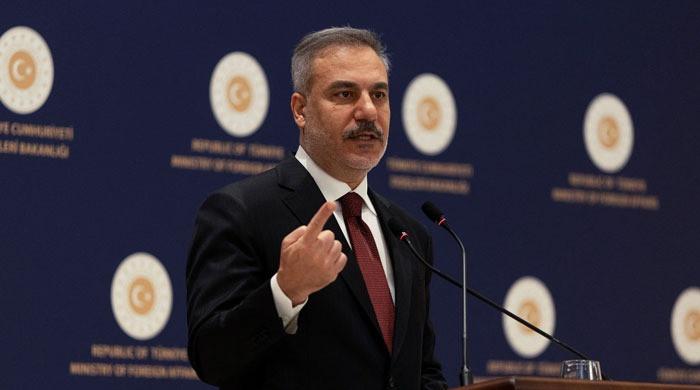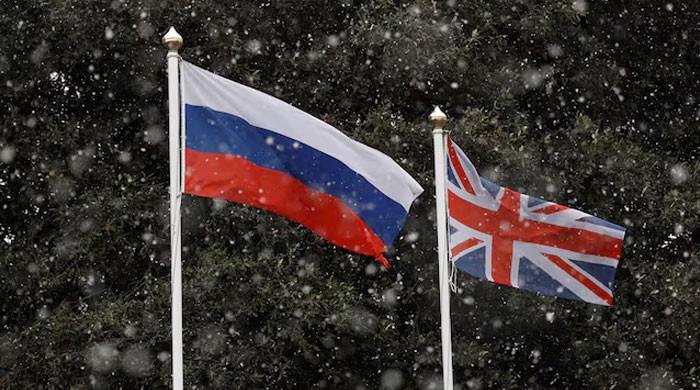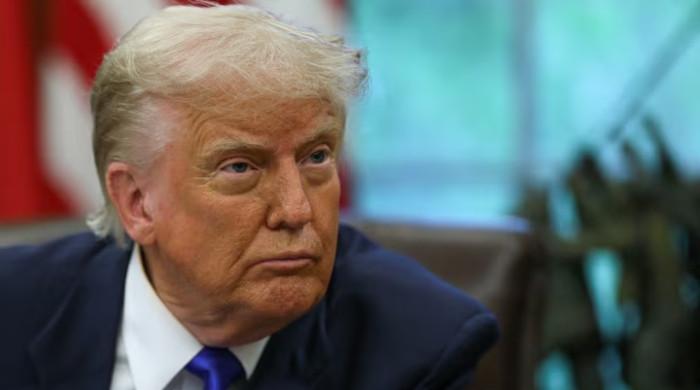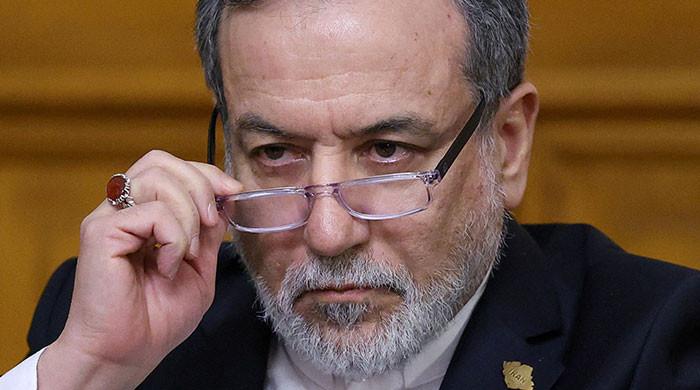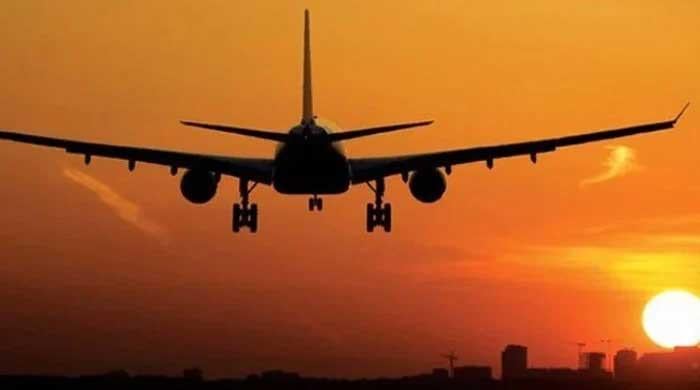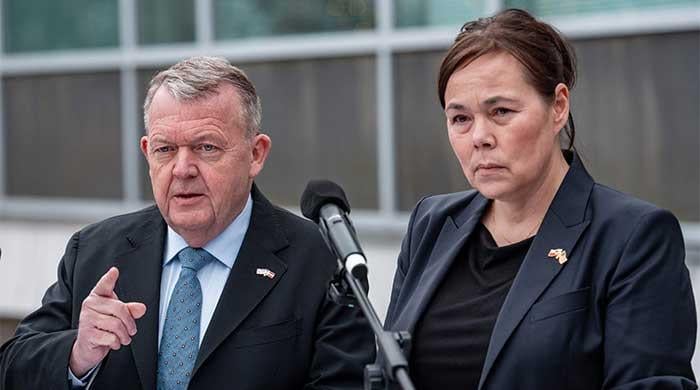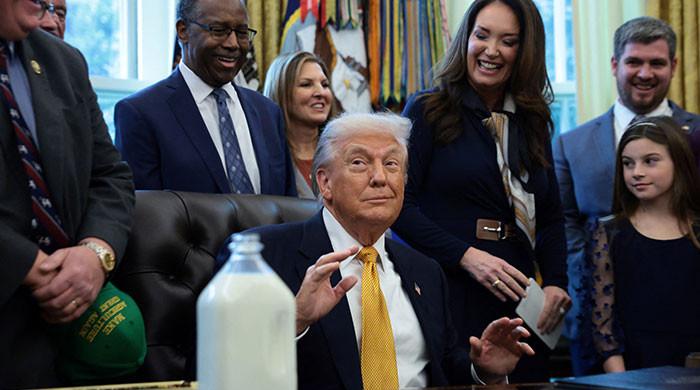India, China agree to resume direct flights, boost business links
Both nations cautiously strengthening ties against backdrop of President Trump's unpredictable foreign policy
August 20, 2025
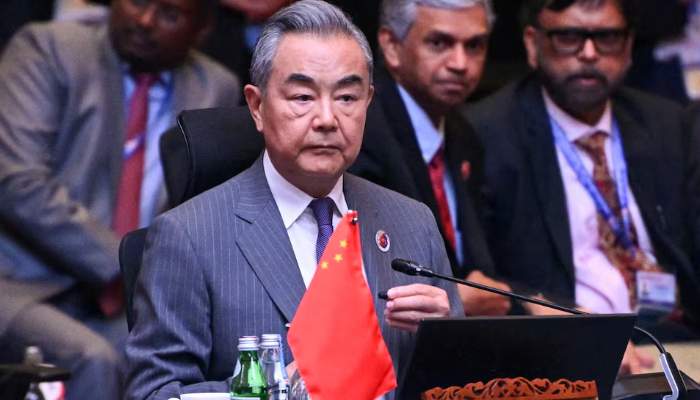
- Troop pullback, border delimitation discussed in latest talks.
- India's Modi says stable ties will contribute to global peace.
- China's Wang says both countries should enhance mutual trust.
NEW DELHI: India and China agreed on Tuesday to resume direct flights and step up trade and investment flows as the neighbours rebuild ties damaged by a 2020 border clash.
The Asian giants are cautiously strengthening ties against the backdrop of US President Donald Trump's unpredictable foreign policy, staging a series of high-level bilateral visits.
The two countries would resume direct flights and boost trade and investment, including reopening border trade at three designated points, and facilitating visas, the Indian foreign ministry said.
Direct flights have been suspended since the COVID-19 pandemic in 2020. No date was given for their resumption.
The latest statements came at the end of Chinese Foreign Minister Wang Yi's two-day visit to New Delhi for the 24th round of talks with Indian National Security (NSA) Advisor Ajit Doval to resolve their decades-old border dispute.
The border talks covered issues related to pulling back troops both countries have amassed on their Himalayan border, delimitation of borders and boundary affairs, the Indian ministry said.
Both countries have agreed to set up a working group to consult and coordinate on border affairs to advance demarcation negotiations, a Chinese foreign ministry statement released on Wednesday showed.
It said the mechanism will extend talks to cover the eastern and middle sections of the border. Meanwhile, another round of talks on the western section will be held as soon as possible, the ministry said.
Beijing also said both countries agreed to meet again in China in 2026.
"Stable, predictable, constructive ties between India and China will contribute significantly to regional as well as global peace and prosperity," Prime Minister Narendra Modi posted on X after meeting Wang.
Modi is scheduled to travel to China at the end of this month to take part in the summit of the Shanghai Cooperation Organisation - his first visit to the country in more than seven years.
Tibet Dam
A readout from the Chinese foreign ministry said Wang told Doval that "the stable and healthy development of China-India relations is in the fundamental interests of the two countries' people".
The two sides "should enhance mutual trust through dialogues and expand cooperation," Wang said, and should aim for consensus in areas such as border control and demarcation negotiations.
India said Foreign Minister Subrahmanyam Jaishankar had underlined in his talks with Wang India's concerns with regard to the mega dam China is building on the Yarlung Zangbo river in Tibet.
Yarlung Zangbo becomes the Brahmaputra as it flows into India and Bangladesh, a lifeline for millions.
The dam would have implications for lower riparian states and the need for "utmost transparency" was strongly underlined, New Delhi said.
To that, China agreed to share with India emergency hydrological information on relevant rivers on humanitarian principles, China's foreign ministry said.
Both sides agreed to engage an expert-level mechanism on cross-border rivers and maintain communication to renew flood reporting arrangements, the ministry said.
Chinese officials had previously said hydropower projects in Tibet would not have a major impact on the environment or downstream water supplies, but India and Bangladesh have nevertheless raised concerns.
Earlier on Tuesday, an Indian source said Wang had assured Jaishankar that Beijing was addressing three key Indian concerns - the need for fertilisers, rare earths and tunnel boring machines.
The Indian foreign and mines ministries and China's commerce ministry did not immediately respond to requests for comment.




